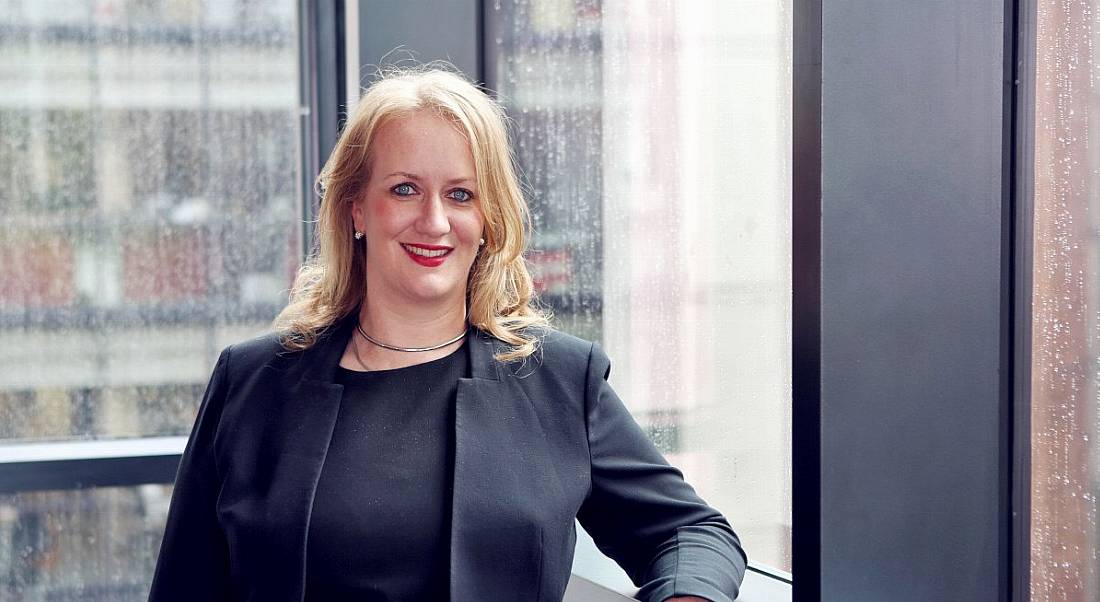Morgan McKinley says employers will face recruitment challenges in 2022 as the ‘Great Resignation’ continues.
More than 80pc of Irish professionals surveyed by Morgan McKinley are considering a career move in the next year.
In its annual salary guide, the recruitment company also said that salary increases this year are likely to be between 5pc and 10pc in certain sectors – with increases of 15pc to 20pc for in-demand niche skills.
Irish-owned Morgan McKinley surveyed key hiring decision-makers from 62 companies and 4,134 professionals across a range of industries in Ireland, Australia, Hong Kong, Singapore, China, Japan, Canada and the UK to get an insight into the 2022 hiring landscape.
It has made predictions for the year ahead based on these findings, and released its 2022 salary calculator for the Irish market.
Most in-demand STEM roles for 2022
For Ireland’s tech and IT sectors, Morgan McKinley predicts that data analysts, data engineers and data scientists will be in huge demand this coming year. There will also be strong demand for DevOps talent, software engineers, cloud engineers and full-stack engineers.
This year will see continued demand for cybersecurity professionals, it added, including tech architects, risk analysts, compliance engineers, SOC analysts, security engineers and security consultants. The cryptocurrencies sector, while not as well developed here as other areas of tech, will also create opportunities.
‘The experience of the sustained public health emergency has prompted countless workers to re-evaluate their work options’
– TRAYC KEEVANS
For the sciences sectors, Morgan McKinley predicts that Ireland will experience a surge in demand for gene therapy specialists in the pharma industry. Quality control and quality assurance personnel will also be much sought after, but there may be less demand for quality engineers than in previous years as biopharma becomes more of a focus for investments than medical devices. Companies also will be on the hunt for upstream and downstream scientists in biologics processing and manufacturing as these professionals are in short supply here, according to Morgan McKinley.
People looking for roles in the engineering sector can expect to find opportunities working with companies on their ESG goals. Sustainability and energy engineers are highly sought after and roles in this area are a good way to start an engineering career, according to Morgan McKinley. Process engineers, maintenance engineers, continuous improvement specialists and mechanical engineers are needed too, with the increase in anti-viral tablet manufacturing in Ireland during the pandemic.
In the financial services sector, there will be a significant number of digital roles on offer over the coming year.
‘Most demanding employment markets of our time’
Morgan McKinley found that 82pc of professionals in Ireland are considering a career move in the next six to 12 months and that salaries would increase by up to 10pc to reflect this.
Those who took part in the survey were asked about flexible working, the hiring process and why they would consider leaving or joining a prospective employer.
The majority (68pc) said their organisation offered flexible working. Three-quarters of respondents in Ireland said they would leave an employer if they did not offer their preferred flexible working options.
One-third of people said they wanted one or two days a week in the office, while 22pc said they would prefer two to three days and 29pc said they would prefer to work from home or remotely all the time. However, just 23pc of workers surveyed are currently at companies that offer one to two days per week in the office, while 29pc said they work remotely all the time and 27pc have two to three days in the office.
Morgan McKinley’s global FDI director, Trayc Keevans, said the results suggested that 2022 would be an employee’s market. “We’re currently seeing the most demanding employment markets of our time,” she said.
Retaining talent amid the Great Resignation
Keevans added that the ‘Great Resignation’ trend that appeared last year is “still in full swing”.
“The experience of the sustained public health emergency has prompted countless workers to re-evaluate their work options, fine-tuning a better work-life balance and making deliberate choices as to where their careers are heading next. They’re looking for opportunities that give them the right pay, benefits and work arrangements in the longer term. New opportunities opened up by remote work means workers can now access roles that previously were geographically off-limits.”
However, employers are having to contend with what Keevans called a “constant misalignment between the supply and demand for employees in the market” as a result.
“We’re experiencing the return of counter offers because there is a strong demand to fill roles … Organisations are under incredible pressure to adapt their leadership, management and work practices. As a means of attracting talent, many employers are either adjusting their working models to hybrid or fully remote or offering higher wages in response.”
Retaining talent is also a challenge for employers in today’s jobs market. According to the survey, 40pc of professionals said their organisation is offering more flexible working options. Just under a third (31pc) said they were being offered professional development and upskilling opportunities, while 22pc said their organisation was investing in technology to make flexible working easier. Only 15pc said they were being offered reskilling training. Significantly, the majority of people surveyed (45pc) said they didn’t know what their employer was doing to retain talent.
Keevans recommended that companies should “consider the building of a company culture that fosters inclusion and connection” where hybrid or remote working is part of their way of working.
Don’t miss out on the knowledge you need to succeed. Sign up for the Daily Brief, Silicon Republic’s digest of need-to-know sci-tech news.




